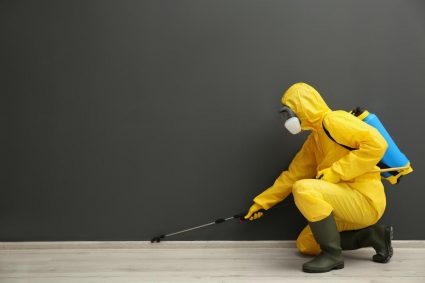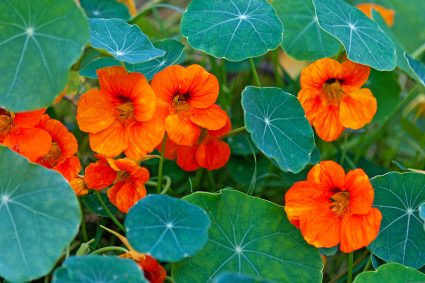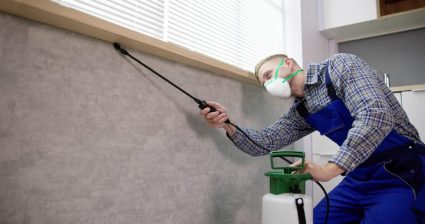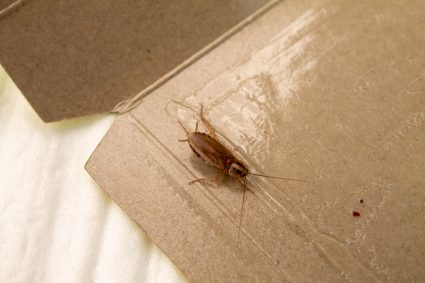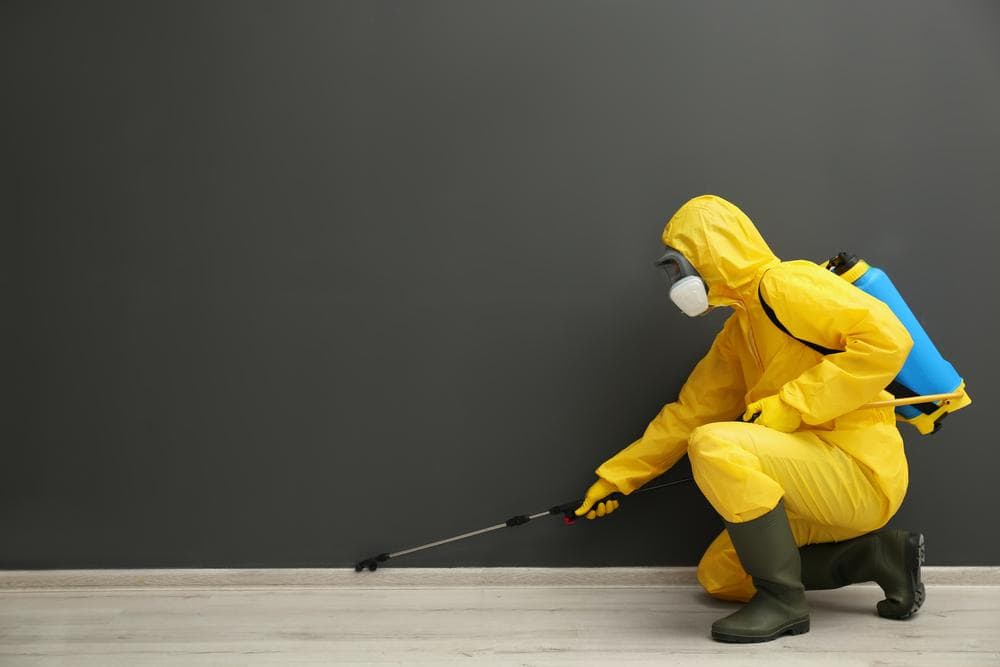
Herb gardens are a beautiful addition to any home, providing fresh flavors for your cooking and a delightful aromatic environment. However, these gardens often attract various pests that can wreak havoc on your precious plants. This comprehensive guide explores what to spray on herbs to keep bugs away, ensuring your garden remains healthy and thriving.
To keep bugs away from your herbs, you can use homemade sprays made from herbs like rosemary, thyme, mint, lavender, catnip, and citronella infused in oil or boiled with water and mixed with alcohol. Alternatively, you can use a simple vinegar and water solution. Commercial sprays made with essential oils, soap, neem oil, garlic, or vinegar are also effective. Always test these sprays on a small area first and apply during cooler parts of the day.
The Usual Suspects: Common Bugs in Herb Gardens
Before diving into the solutions, let’s identify the common culprits. These include aphids, caterpillars, four-lined plant bugs, Japanese beetles, spider mites, whiteflies, leafhoppers, leaf miners, parsley worms, and flea beetles. These pests can cause various damages, from leaf curling and bud prevention to leaving unsightly spots on your herbs.
Natural Remedies: Homemade Bug Sprays
Fortunately, you can create homemade bug repellent sprays using various herbs and natural ingredients. Some herbs with bug-repelling properties include rosemary, thyme, mint, lavender, catnip, and citronella.
Recipe 1: Herbal Infused Oil Spray
This spray involves creating an oil infusion with your chosen herbs. You’ll need a glass jar, a carrier oil like olive or coconut, and a slow cooker. After chopping the herbs and adding them to the jar, pour in the oil, ensuring it covers the herbs. Heat the jar in a water-filled slow cooker for a few hours, let it cool, then strain and store in a dark-colored glass jar.
Recipe 2: Fresh Herb Bug Spray
For this spray, you’ll need mint, other fresh herbs like catnip or lavender, distilled water, and witch hazel, rubbing alcohol, or vodka. Boil the herbs in water, let it cool, strain, then mix with your chosen alcohol. Store the mixture in the fridge and use as needed.
Recipe 3: Vinegar Spray
This simple spray only requires you to dilute vinegar 1:1 with water in a spray bottle. Apply it over and under the leaves of the affected plants.
Always test these homemade bug sprays on a small area of your plants first to ensure they don’t damage your herbs.
Commercially Available Sprays
If you prefer to use commercially available sprays, consider those made with essential oils, soap, neem oil, garlic, or vinegar. These can be effective against soft-bodied pests like aphids, spider mites, and mealybugs. Remember to apply these sprays in the early morning or evening to avoid potential damage from the sun.
Application Frequency
The frequency of application depends on the type of spray and the specific pest or disease targeted. For insecticides, several treatments at 3 to 5-day intervals are suggested. For fungicides, apply every 7 to 14 days. However, always follow the label instructions for the specific product used.
Impact on Herb Taste and Quality
Sprays can affect the taste and quality of herbs. Homemade insecticides may alter the taste if not used in small amounts. Natural plant extracts used as pesticides are generally safe and may not significantly affect the herb’s taste or quality.
Environmental Impact
While these sprays can protect your herbs, they can also harm beneficial insects and the environment. To minimize potential harm, consider using integrated pest management (IPM), which combines biological, cultural, and chemical methods to control pests.
Best Practices for Applying Sprays
To ensure maximum effectiveness, choose the right equipment, calibrate your sprayer, apply sprays during cooler parts of the day, ensure proper spray coverage, regularly clean and check spray equipment, follow label instructions, adjust spray solution pH, be aware of weather conditions, and adjust your application speed.
By following these tips, you can keep your herb garden healthy and pest-free. Remember, prevention is better than cure, so keep an eye on your plants and act at the first sign of trouble. Happy gardening!
Frequently Asked Questions
Can I use these sprays on all types of herbs?
Yes, these sprays can be used on most types of herbs. However, it’s always a good idea to test them on a small area first to ensure that they don’t cause any damage or discoloration.
What is the shelf life of these homemade bug sprays?
The shelf life of homemade bug sprays can vary depending on the ingredients used. For example, the Herbal Infused Oil Spray and Fresh Herb Bug Spray should be used within a week or two, while the Vinegar Spray can last for several months if stored properly.
Can these sprays harm my pets?
Most of these sprays are safe for pets, but it’s always a good idea to keep them away from the area until the spray has dried. If your pet has a known sensitivity to any of the ingredients used, such as certain essential oils, avoid using those sprays.
Are there other ways to prevent bugs from infesting my herb garden?
Yes, there are several other ways to prevent bugs from infesting your herb garden. These include regular weeding, proper watering, crop rotation, and introducing beneficial insects that prey on the pests.
What is Integrated Pest Management (IPM)?
Integrated Pest Management (IPM) is a pest control strategy that uses a combination of biological, cultural, and chemical methods. It aims to minimize the use of pesticides and reduce harm to the environment. It involves monitoring and identifying pests, preventing pest damage, and using sustainable control methods.



